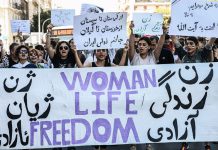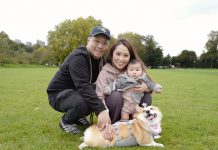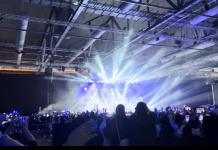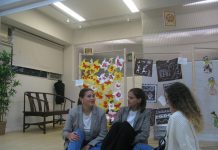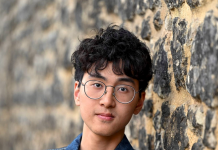As a celebrated international photographer who worked his way up from the local media, Yu appreciates the ability of his peers in Hong Kong. He quotes Olympic champion windsurfer Lee Lai-Shan’s assertion that, “Hong Kong athletes are not rubbish”. Likewise, Yu says Hong Kong photojournalists are capable.
Their only drawback is that they do not get enough opportunities to cover the big, important stories that their foreign counterparts do. Yu believes they are also saddled with unnecessary tasks. “The time local photojournalists waste on conducting vox pops could be used to capture better pictures,” he mutters. “It is a pity that they cannot immerse themselves 100 per cent into taking photographs.”
On top of these extra tasks, Yu points out that some photojournalists are now also required to shoot video for online news stories. He believes this will negatively affect the quality of the photos taken because the way of thinking about video shooting differs from still photography.
“Photography needs one to think over and capture the precious moment in a still photo.” Yu explains that taking a good photo at a decisive moment requires lots of observation beforehand, which is a luxury many of his colleagues in Hong Kong cannot afford. “Taking videos will hinder your observation as you have to shoot continuously.”
On the other hand, he is excited by the possibilities of what he considers to be true multimedia works which incorporate elements of photography, audio and video to tell news stories. However, he does not think that media outlets in Hong Kong have really made full use of these multimedia forms.
Yu says local photojournalists mainly have to work in Hong Kong and they may have to cover some boring stories and carry out menial tasks. Working for a foreign agency, he usually spends around two months a year overseas covering international news such as the 2010 Guangzhou Asian Games and the 3.21 earthquake in Japan. He knows he has many more opportunities than local photographers.
Apart from the nature of the job, there are also cultural differences between local and international media. The most obvious is that foreign photojournalists enjoy higher status and independence than their local counterparts.
Although Yu describes his job as passive in that he is handed assignments, he also enjoys considerable autonomy on the job. He is responsible for organizing his own tasks. He has full decision-making power on what photos to take and how to develop each story.
Once he finishes his assignments, he can send his photos to the AP Asia headquarter in Tokyo instantly while photojournalists in local news organizations need to cooperate with their print colleagues and sometimes have to follow their instructions.








